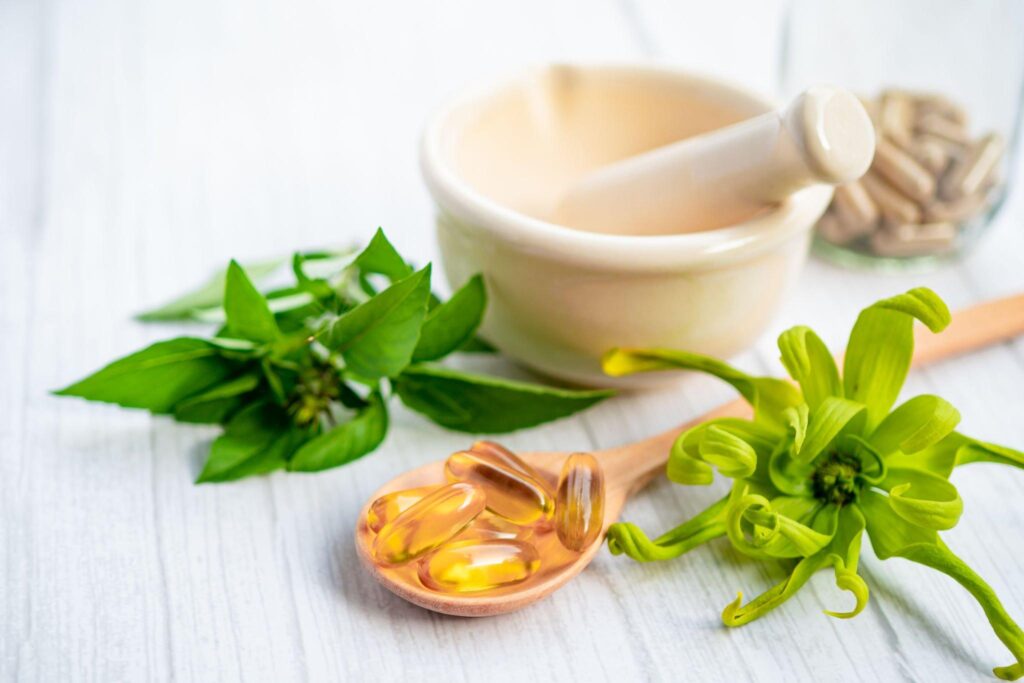CYSTITIS
Urinary Disorders

Cystitis
Cystitis is a medical term that refers to inflammation of the urinary bladder, typically caused by a bacterial infection. It is a common urinary tract infection (UTI) that primarily affects the bladder but can, in more severe cases, extend to the urethra or even the kidneys.
Cystitis is the inflammation of the urinary bladder. It is often caused by infection and is usually accompanied by frequent painful urination. Urethritis is caused by the inflammation of the urethra and prostatitis is caused by the inflammation of the prostate gland. In all the above conditions, the common symptom is painful urination.
Symptoms of Abdominal Pain
- Frequent Urination: Individuals with cystitis often feel the need to urinate frequently. This can include having to go to the bathroom multiple times in a short period, even if only small amounts of urine are produced each time.
- Urgency: Cystitis can cause a sudden, strong urge to urinate, often making it challenging to hold in urine.
- Burning Sensation: A burning or stinging sensation during urination is a common symptom of cystitis.
- Pain or Discomfort: Some people with cystitis experience lower abdominal pain or discomfort. This pain may range from mild to more severe.
- Cloudy or Bloody Urine: The urine may appear cloudy, discolored, or bloody. Hematuria, or blood in the urine, is a common sign of cystitis.
- Foul-Smelling Urine: The urine may have an unusual or foul odor.
- Feeling Unwell: Cystitis can lead to a general feeling of malaise or discomfort, often accompanied by fatigue and irritability.
- Lower Back Pain: In some cases, cystitis can cause lower back pain or discomfort, especially if the infection is severe or has spread to the kidneys.
- Fever: In more severe cases of cystitis or when the infection has spread to the kidneys, a fever may develop.
Cystitis Ayurvedic Treatment
Dietary Guidelines:
- Stay well-hydrated by drinking plenty of water. Proper hydration helps flush out toxins and bacteria from the urinary system.
- Consume a diet that is balanced and tailored to your Dosha (Ayurvedic constitution). Your Ayurvedic practitioner can help you determine your Dosha and recommend a suitable diet.
- Avoid foods that can potentially irritate the urinary tract, such as spicy, sour, or excessively salty foods.
Herbal Remedies:
- Gokshura (Tribulus terrestris): Gokshura is known for its diuretic and anti-inflammatory properties, which can be helpful in managing urinary tract issues.
- Punarnava (Boerhavia diffusa): Punarnava is used in Ayurveda for its diuretic and anti-inflammatory effects and may help in reducing inflammation and pain associated with cystitis.
- Chandraprabha Vati: This Ayurvedic formulation is commonly used for urinary issues, including cystitis.
- Panchakarma: Some Ayurvedic practitioners recommend Panchakarma therapies, which are detoxification and purification procedures. Panchakarma can help eliminate toxins from the body and balance the Doshas.


